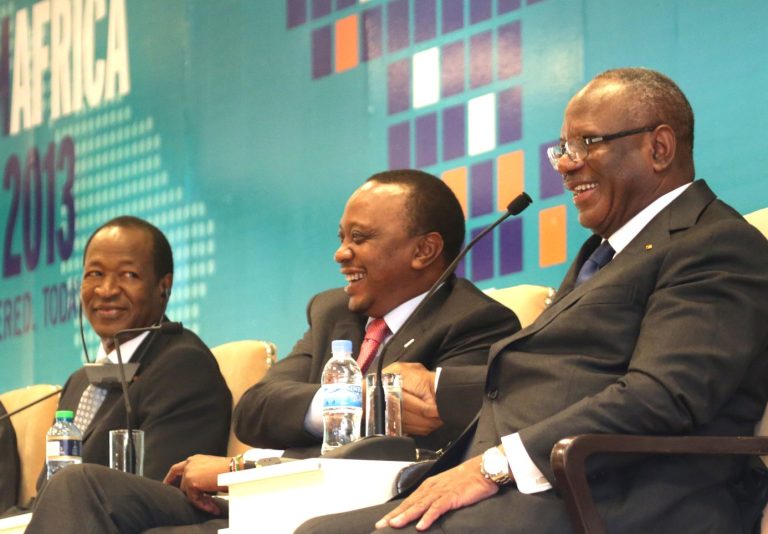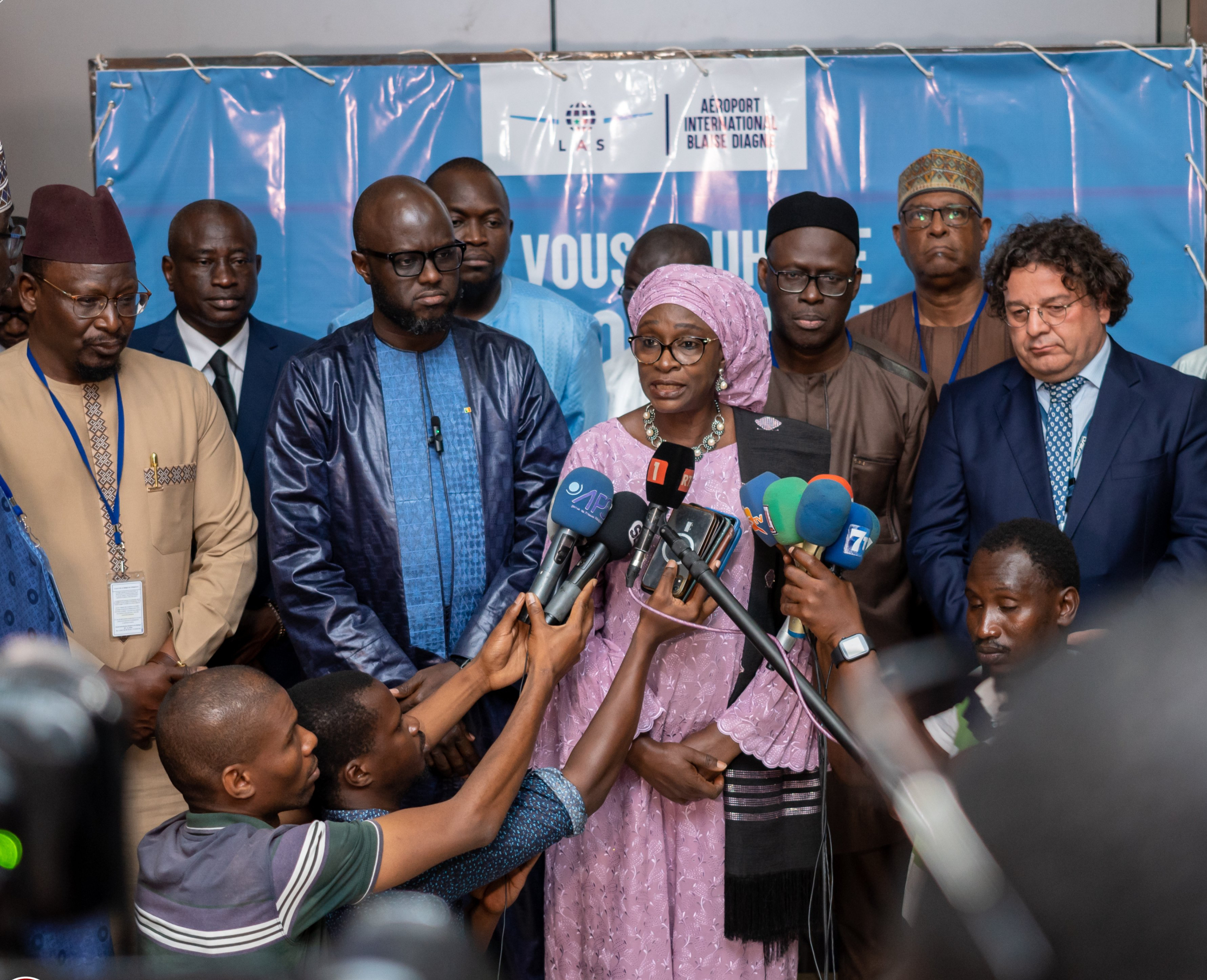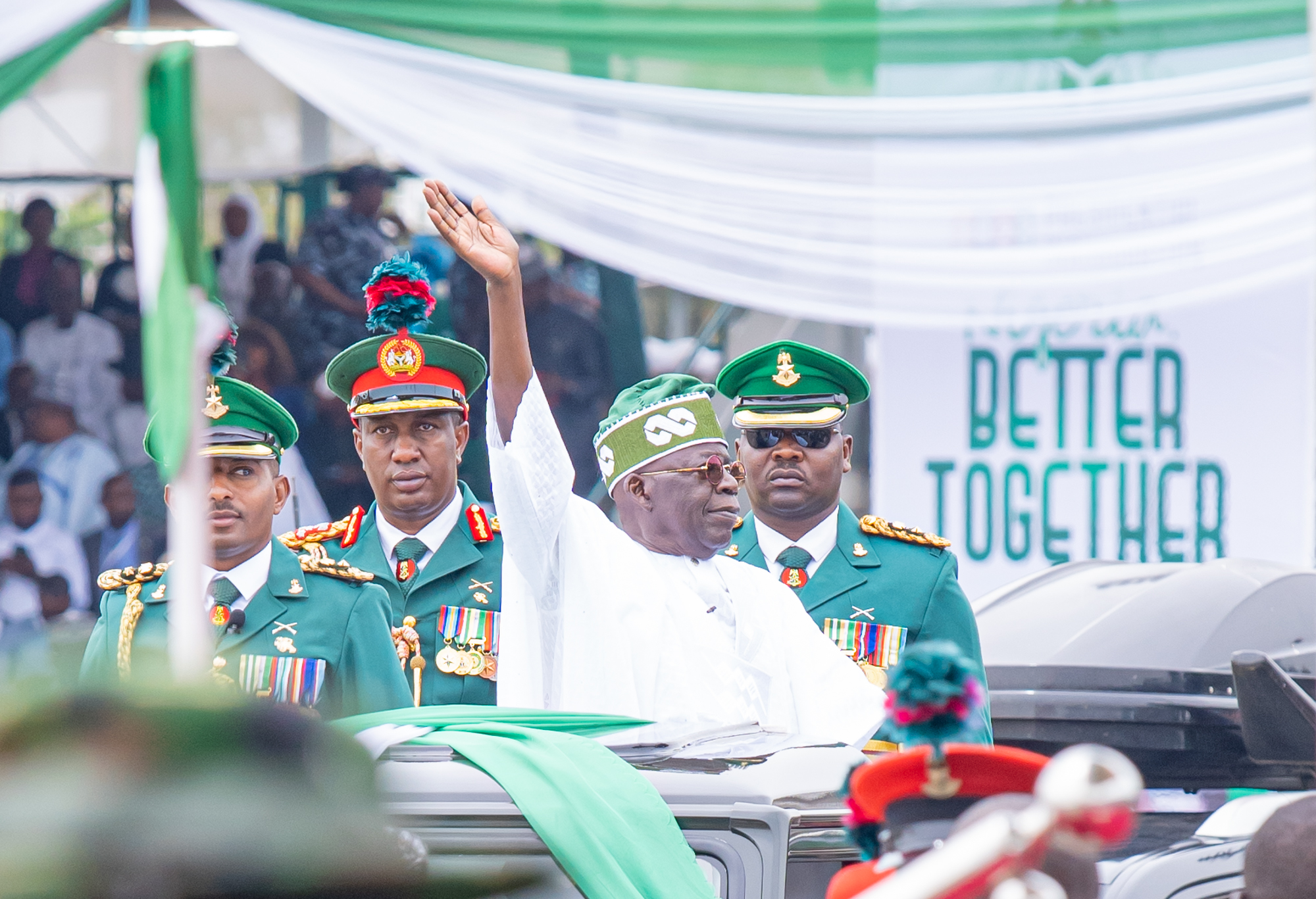The twilight of establishment parties in West Africa

The return of military coups in Francophone Africa over the past four years has at best led to a retreat of establishment parties and at worst to their fragmentation.
In Burkina Faso, Mali, and Guinea, long-standing political parties are gradually being supplanted by a new stream of hybrid political organisations. This trend will shape the political game in these states and complicate engagement with external partners – especially the regional economic community ECOWAS and Western governments that continue to expect a swift return to civilian rule. Irrespective of promises to return power to civilians in the coming year, the military juntas in Burkina Faso, Mali, and Guinea have managed to promote a sovereignist and populist narrative that resonates with citizens yearning for change.
No to partisan politics
The main political parties that dominated the political arena in Burkina Faso, Mali and Guinea over the past decade have all retreated from the public realm or entered hibernation following the wave of coups that removed them from power. The former ruling parties of these three nations – the People’s Movement for Progress (MPP) of former Burkinabé President Roch Marc Kaboré (2016-22), the Rally for Mali (RPM) of Ibrahim Boubacar Keïta (2013-20), and the Rally of the Guinean People in Guinea (RPG) of Alpha Condé (2010-21) – have been unable to counterbalance the weight of military rulers.
Even where opposition political parties were capable of mobilising popular support, putschists have used the forces of law and order to neutralise their leaders. For instance, Cellou Dalein Diallo, the chairman of the Union of Democratic Forces of Guinea (UFDG), the country’s main opposition party, has been forced into self-imposed exile after the junta revived historical corruption allegations against him. Meanwhile, a nation-wide ban on political protests – punctuated by intermittent curfews and internet blackouts – has prevented UFDG activists from demonstrating against the persecution of their leader. Military rulers in Burkina Faso and Mali have used similar restrictive measures against opposition parties to demobilise their electorates.
Upon seizing power, the three military juntas attributed their countries’ sociopolitical misfortunes to their predecessors, moving to delegitimise civilian rule and ban partisan politics. In the Sahel, Burkinabé Interim President Captain Ibrahim Traoré and his Malian counterpart Colonel Assimi Goïta have both demanded national unity as a prerequisite for implementing counterterrorism measures in a bid to defeat Islamist militants. By contrast, in Guinea, where such security risks cannot be instrumentalised, General Mamadi Doumbouya has adopted a hard stance against the former political establishment, launching an anti-corruption drive which initially trumpeted good governance but eventually revealed itself to be a political witch-hunt. Doumbouya also limited the activities of political parties and civil society organisations to their headquarters claiming these measures were meant to promote a harmonious transition and a return to civilian rule. Any attempt to depoliticise society – as the juntas appear to be intent on – remains unlikely to succeed given the long history of political mobilisation in the three countries.
Long-standing political parties will continue to confront a host of challenges to reinvent themselves. None of the former presidential parties could retain their cohesion following the coups that removed their leaders. The loss of political power has also led to the draining of financial resources, even if long-standing parties believe they could quickly reconstitute their networks should they be authorised to resume their activities. Finally, in a context where insecurity has dented citizens’ interest in electoral politics and populism seems to gain traction, the comeback of long-standing parties will be challenging. In the meantime, the void left by the old class has been filled in by new political and civil society leaders with much closer ties to the military regimes.
Hybrid political support base
The juntas have all relied on civil-military coalitions to govern. Even though they have retained control over strategic administrative and political roles, the military rulers have co-opted supporters. They have recruited technocrats into ministries – whether locally, as in the case of Burkina Faso and Mali, or from the diaspora, as in the case of Guinea – and welcomed amenable civil society activists, and peripheral opposition figures, into transitional legislatures. Such civilians may have a limited influence on the political transition, but they likely recognise that the rules of the game have changed, and will form a reliable pool of allies for military officers in any post-transitional electoral competition.
The juntas will also likely continue to receive the support of a new stream of civil society organisations albeit to a varying degree. In Mali and Burkina Faso, the authorities have relied on a network of exclusionary and anti-establishment organisations to promote their sovereignist narrative and their new foreign policy choices. These groups share the authoritarian tendencies of the military elites, and have backed the junta leaders in opposing debates on the conduct of national affairs. Whereas a segment of the political establishment has denounced the violent tactics employed by pro-junta civil society activists against dissenting opposition voices, the authorities have described the latter as patriots, thus reinforcing their credibility among sections of the population. In Mali, the authorities have relied on Russian-backed organisations such as the Group of Patriots of Mali, and Yerewolo Standing on the Ramparts to promote their geopolitical realignment with Moscow. In Guinea, Doumbouya has co-opted a small number of players into the interim legislature while excluding the rest.
The Sahelian juntas will continue to rely on various support groups to channel mass popular mobilisation in the short- and medium-term. However, these organisations are unlikely to be perennial given their low degree of institutionalisation. They remain reliant on the junta’s patronage and offer fewer avenues for broad political participation. These groups are also largely dominated by urban youth disillusioned with the previous civilian administrations, and they have failed to include villagers in their decision-making process – making them unrepresentative of the predominantly rural populations of Mali and Burkina Faso. Moreover, their anti-elitist stance has deprived them of support among the upper echelons of society.
A new political configuration or generation?
It is too early to assess whether ongoing transitions will lead to a new political generation. Some of the leading figures that have dominated politics in Burkina Faso, Mali, and Guinea since the 1990s could be forced to retire given the extent of popular yearning for change. Nevertheless, political regeneration is a long process – change will take time and cannot take place at the expense of the old ruling class whose influence remains deep-seated.
Yet, the ongoing transitions will likely lead to a new political configuration in these three states. Instead of relying on exclusionary civil society organisations, the military rulers in Burkina Faso, Mali and Guinea are likely to pursue their co-option strategies while assembling political and electoral coalitions which enable them to broaden their support base and seek legitimacy at the ballot box. By contrast, parties and civil society organisations that remain outside of the military-led political coalitions will need to reinvent themselves to survive populist agendas in the coming decade. Much soul-searching lies ahead for the MPP in Burkina Faso, the RPM in Mali, and the RPG in Guinea, as they seek to shrug off the legacy of presidents Kaboré, Keïta and Condé.
Proud to be BCorp. We are part of the global movement for an inclusive, equitable, and regenerative economic system. Learn more


